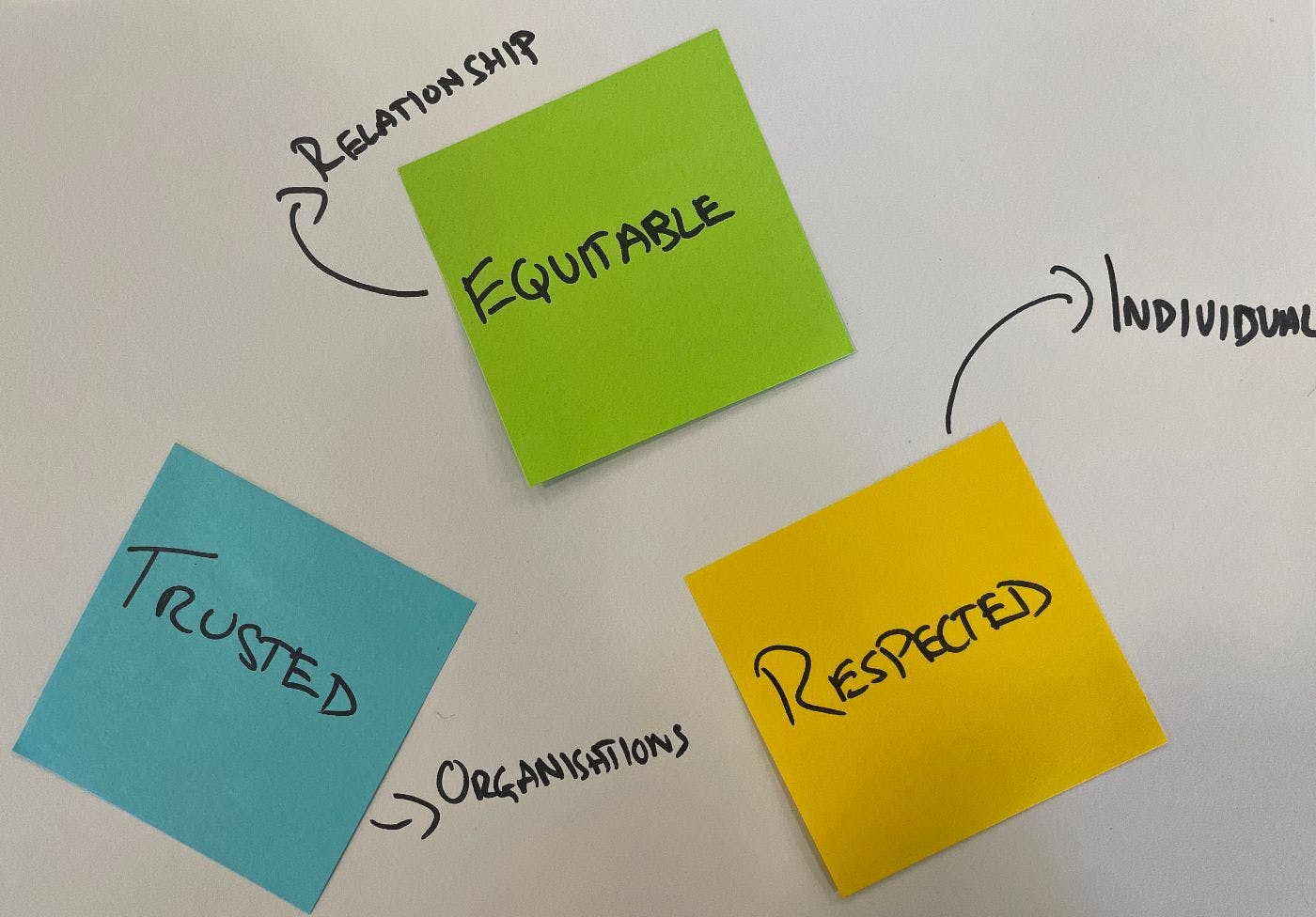846 reads
Have You Read Your Privacy Notice in Detail?
by
October 19th, 2022
Audio Presented by

On a mission to create world where every piece of data is trusted, valued and never abused
About Author
On a mission to create world where every piece of data is trusted, valued and never abused
